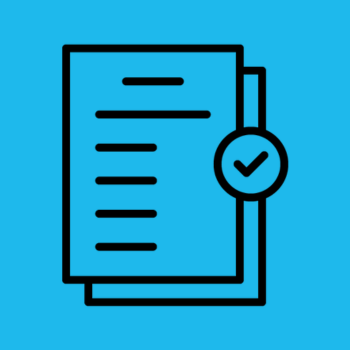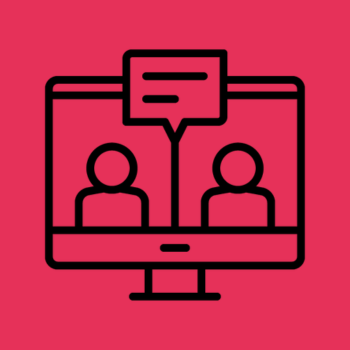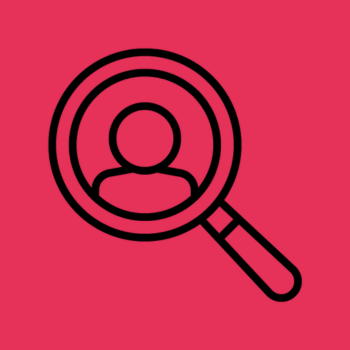You’ve impressed them with your CV and the employer has invited you to an in-person interview, what next?
Preparation
Preparing thoroughly for the interview will give the best chance at success when you get there. Our guide to interviews will give you some things to consider when preparing for your interview.
- Remind yourself what the job is – You may have been applying for lots of roles and its easy to get them muddled. Rereading the job description to make sure its fresh in your mind is a good idea
- Research the company – Doing some research into the company you’re interviewing with is important. It will help you answer questions and also think about any questions you may want to ask the interviewer.
- You need to know what product or service the company offer. You may not be working on the sales team but understanding what the company does is something everyone in the company will be expected to know
- Company social media accounts and blogs can provide useful background about the company and its culture. Understanding the personality of the company is important as you’ll be spending much of your time there and you want to feel comfortable with the company and its values
.jpg)
Practice answers to common interview questions – You can’t guess what you’ll be asked at the interview but you can practice some common questions. Here are a few examples of common interview questions:
- Why this company? Think about what attracted you to the business and role when you applied. Employers are looking at what research you have done about the business.
- Why this role? The interviewer wants to find out what you understand about the role itself. When talking about the role, use it as an opportunity to highlight your relevant skills and experience
- What are your greatest strengths? This gives you the chance to talk about your skills, both work and other. Think about what you could bring to a role, are you inquisitive, eager to learn, interested in people? Align the answer to this question to what the business does
- What is your greatest weakness? This question often comes up so make sure you put some thought into it. When answering this question add in how you’re working to improve them. I struggle with time management, so I’ve created a timetable to keep me on track
Your speaking voice and body language
You only get once chance to make a first impression, practise makes perfect. Practise a confident speaking voice and friendly body language.
Travelling to the interview
1. Think about how you’re going to get there
Most of the time interviews are scheduled a few days or even a week in advance. Use the time to research how you’re going to get there, bus, train, walk? Work out how long its going to take you and add in some extra time, especially if you’ve never been there before.
2. Leave early
Make sure you leave early, it’s better to arrive too early than late. Things that you can’t do anything about – heavy traffic, accidents, even taking the wrong turn by mistake. If you’re too early, use the additional time to review your notes and take in the business, you can learn a lot about the culture of a business watching people.
3. Save contact information
Even if you’ve given yourself plenty of time things can happen that are outside of your control. If this is the case, you need to be able to call your interviewer and let them know what’s going on, most people are sympathetic if these things happen. The worst thing you can do is show up late without calling.
On the day of the interview
It’s normal to be a bit nervous, so there are a few things you could do to feel confident.
- Leave in plenty of time, you’ll have researched how to get there already and know what time you need to leave
- When you arrive, turn off your phone so it doesn’t go off during the interview
During the interview
Stay calm
If you’ve never had an interview before, it can be a challenge to know how to talk about yourself. Stay calm, you’ve practised some answers, you’ve reviewed the job description, and researched the company. You can’t anticipate all the questions but you’re as prepared as you can be. During the interview its perfectly ok to ask your interviewer to repeat or rephrase the question if you aren’t sure, its also ok to ask for a moment to consider your answer. Your interviewer isn’t there to trip you up, they want you to do well and get the role.
When you do answer questions, make sure to speak clearly and confidently, and whatever you do don’t use slang!
Ask questions
An interview is a two-way process and during interview there will be an opportunity for you to ask questions. Take some time ahead of your interview to think about anything you may want to know about the role or the business, make sure you write these down to refer back to during the interview. Some examples include:
- What does a typical day look like?
- What’s the best thing about working here?
- What qualities are you looking for in the person that will be in this role?
- I’ve really enjoyed learning more about the role. What are the next steps in the hiring process?
There are also questions that you shouldn’t ask at interviews:
- What will be my responsibilities? While it is ok to ask about a typical day, asking about responsibilities will show that you haven’t read the job description
- What does the organisation do? Researching the business ahead of the interview is important, it shows the interviewer that you want the role. By not doing this the interviewer will think you aren’t bothered about the job
- How many holiday days do I get? Asking this gives the impression that you lack a strong work ethic
- Do you monitor social media profiles? Asking this question gives the impression that you have something to hide. Many companies will have social media policies that will prevent employees from posting negative information about the business. Your social media profiles should be set to the highest privacy and you should think before posting/commenting on anything you see online
At the end
When the interview finishes, thank your interviewer for their time, and head outside breathing a sigh of relief – it’s over and you have done amazingly.
After the interview
Hopefully you will be successful and offered the role.
Before accepting the role, things to think about:
- Ask for confirmation of the offer in writing
- Confirm a start date and let them know if you have a notice period
- Ask about work patterns or arrangements
If you aren’t successful, it’s normal to feel disappointed. Most people attend a few interviews before being offered a job. Think back on some of the questions you were asked, especially the ones that could come up in other interviews, and see if you could have added more detail or changed the way you answered for next time.
You can also ask for feedback from the interviewer to see if there are any areas you could improve on for your next interview.
Top tips for interviews:
- Practice makes perfect. Practise some key answers with your family and friends
- Research the company: the interviewer is likely to ask questions about the business you want to join
- Think about your skills and experience and how to relate them to the job you’re interviewing for
- You can be taught skills, but not enthusiasm. Show why you want to work for the business and your excitement for the role, this can make a big difference to how the interviewer sees you
- Be prepared. Make sure you’ve worked out how to get there and leave in plenty of time
- Think about your outfit, dress appropriately for the role in something that helps you feel confident
- Turn off your phone – not just on silent – during the interview
- Get a good night’s sleep, you might feel nervous but an early night will help you feel ready for your interview


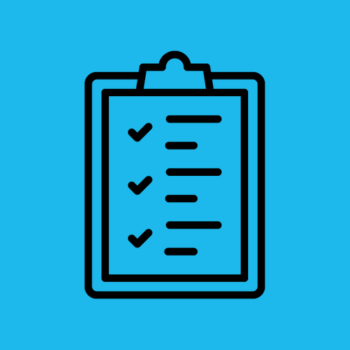
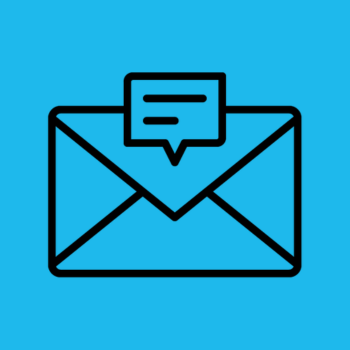
.png)
